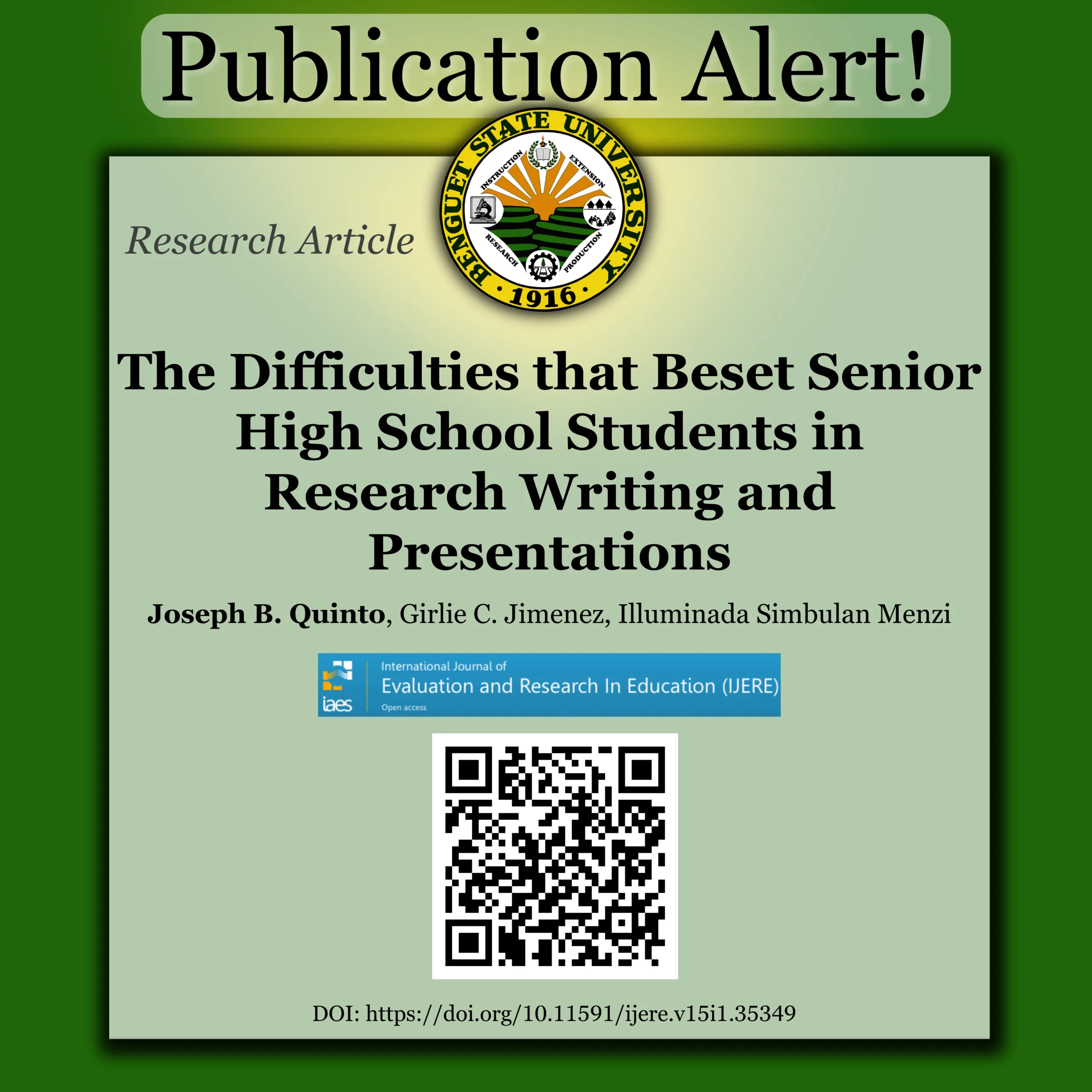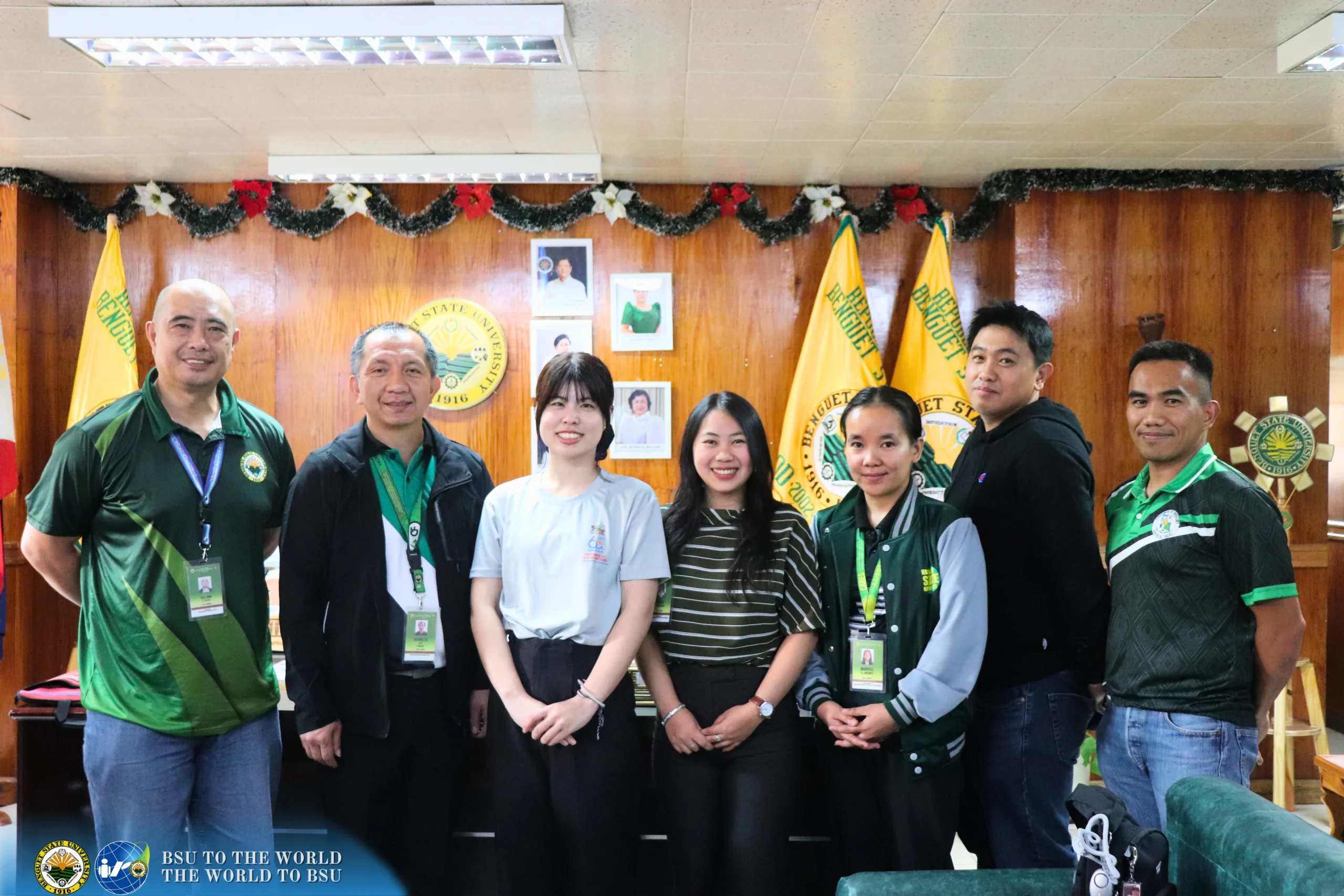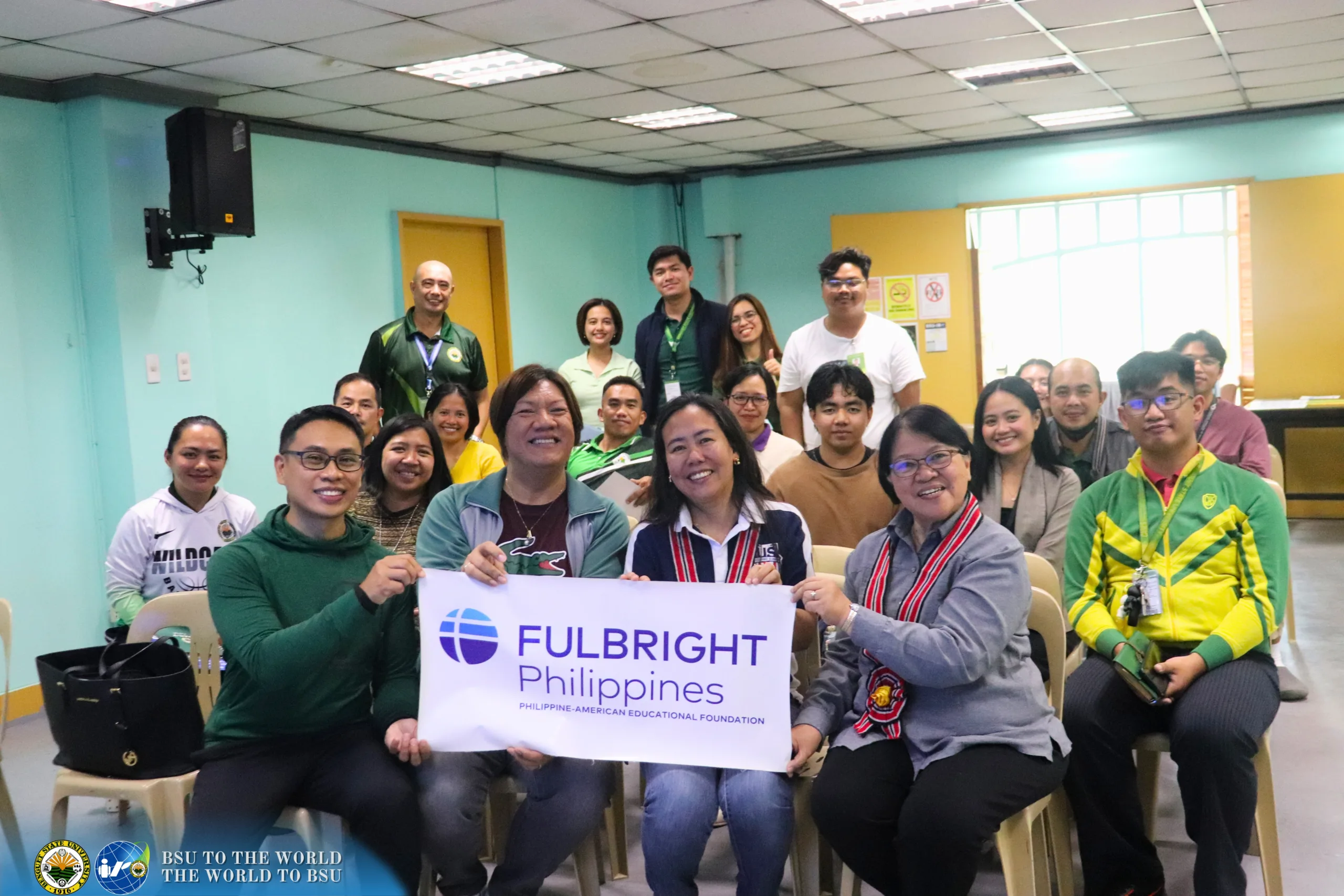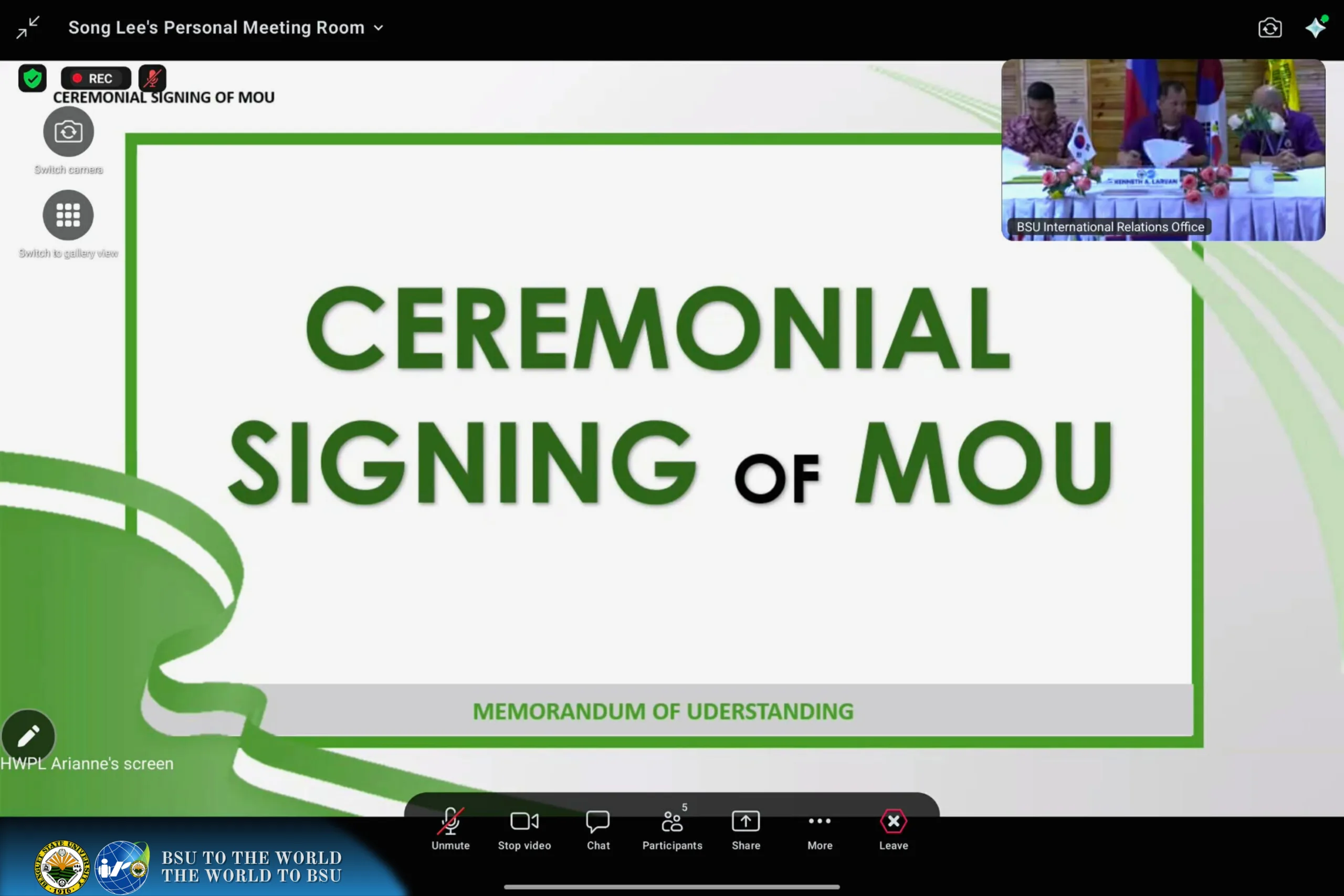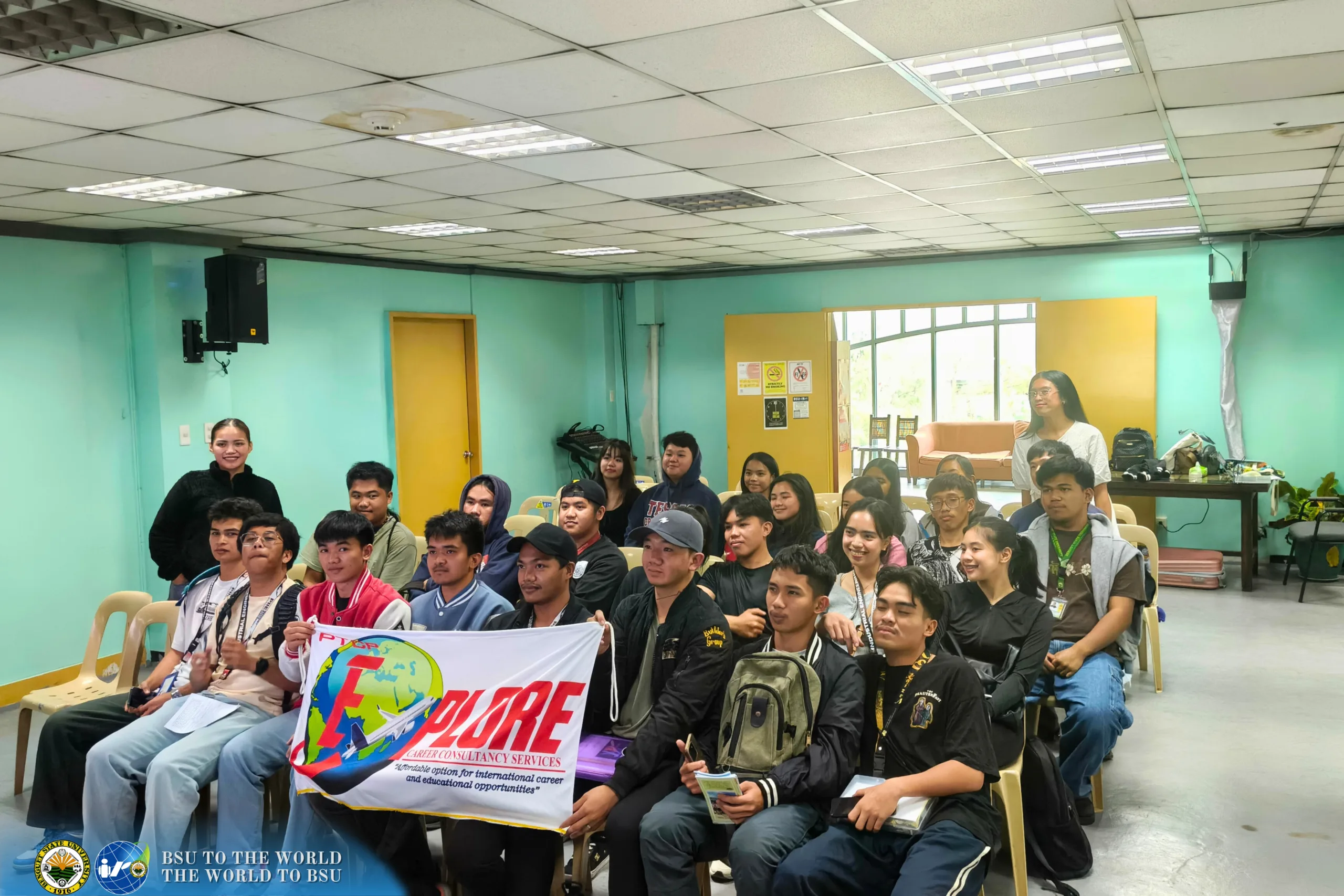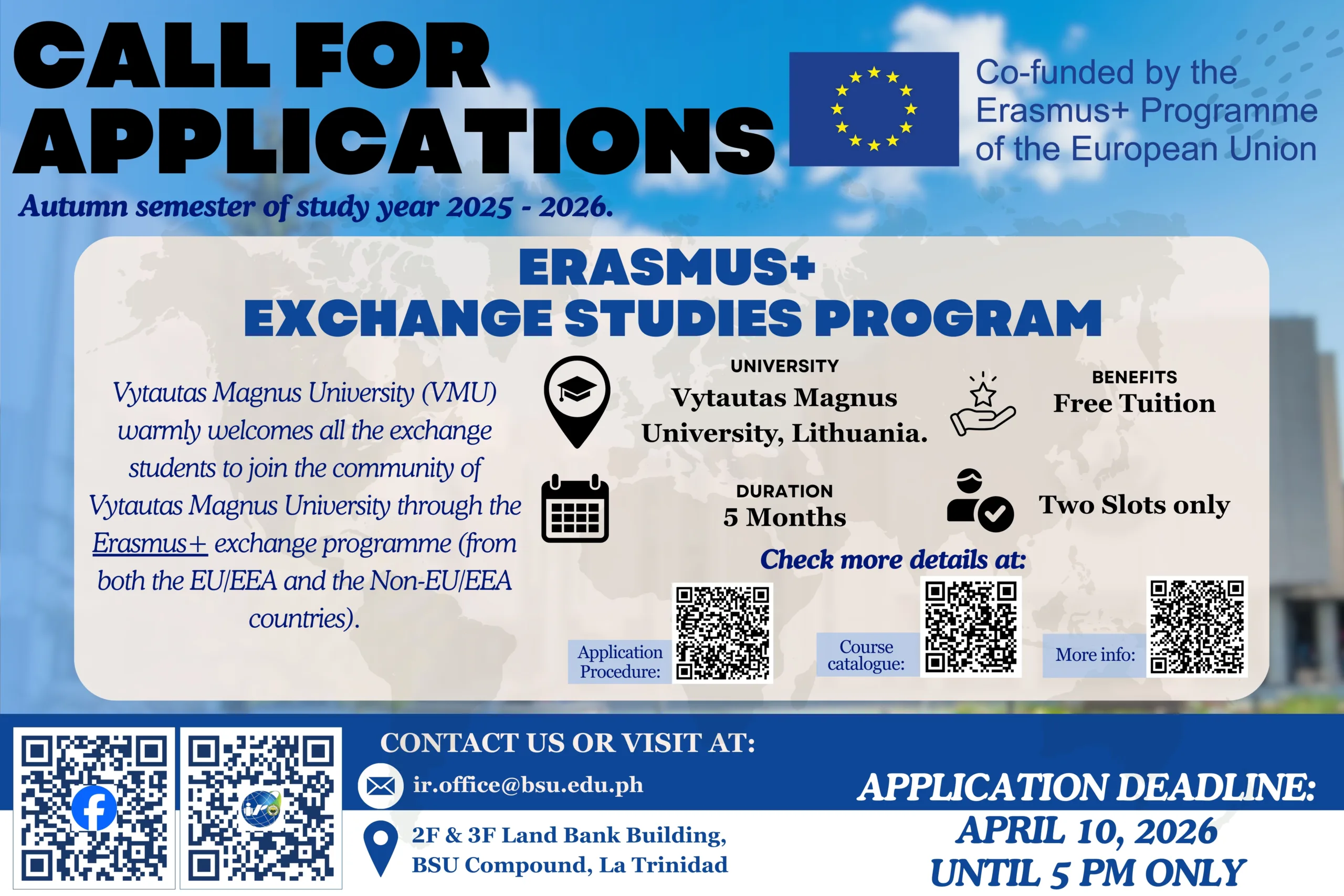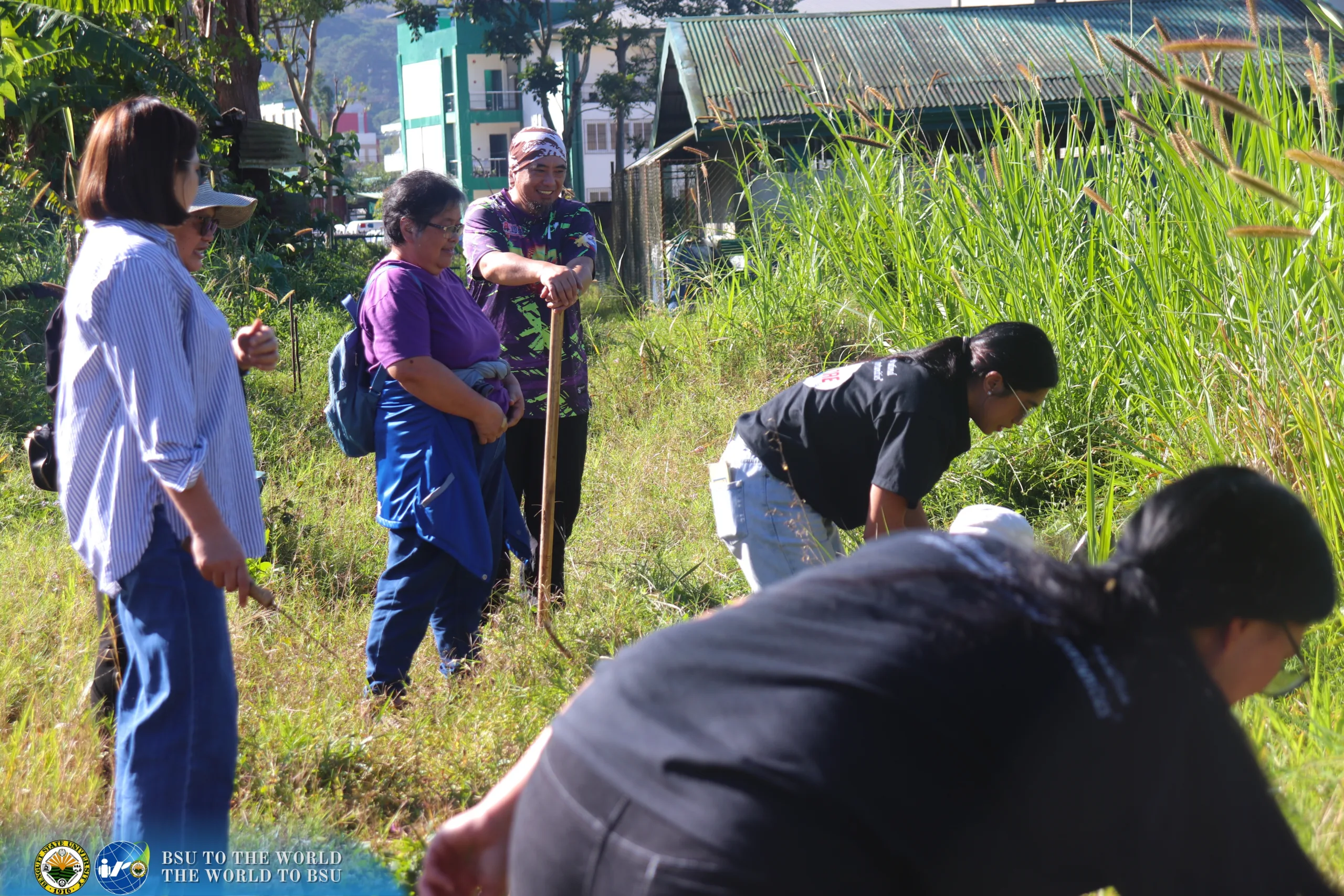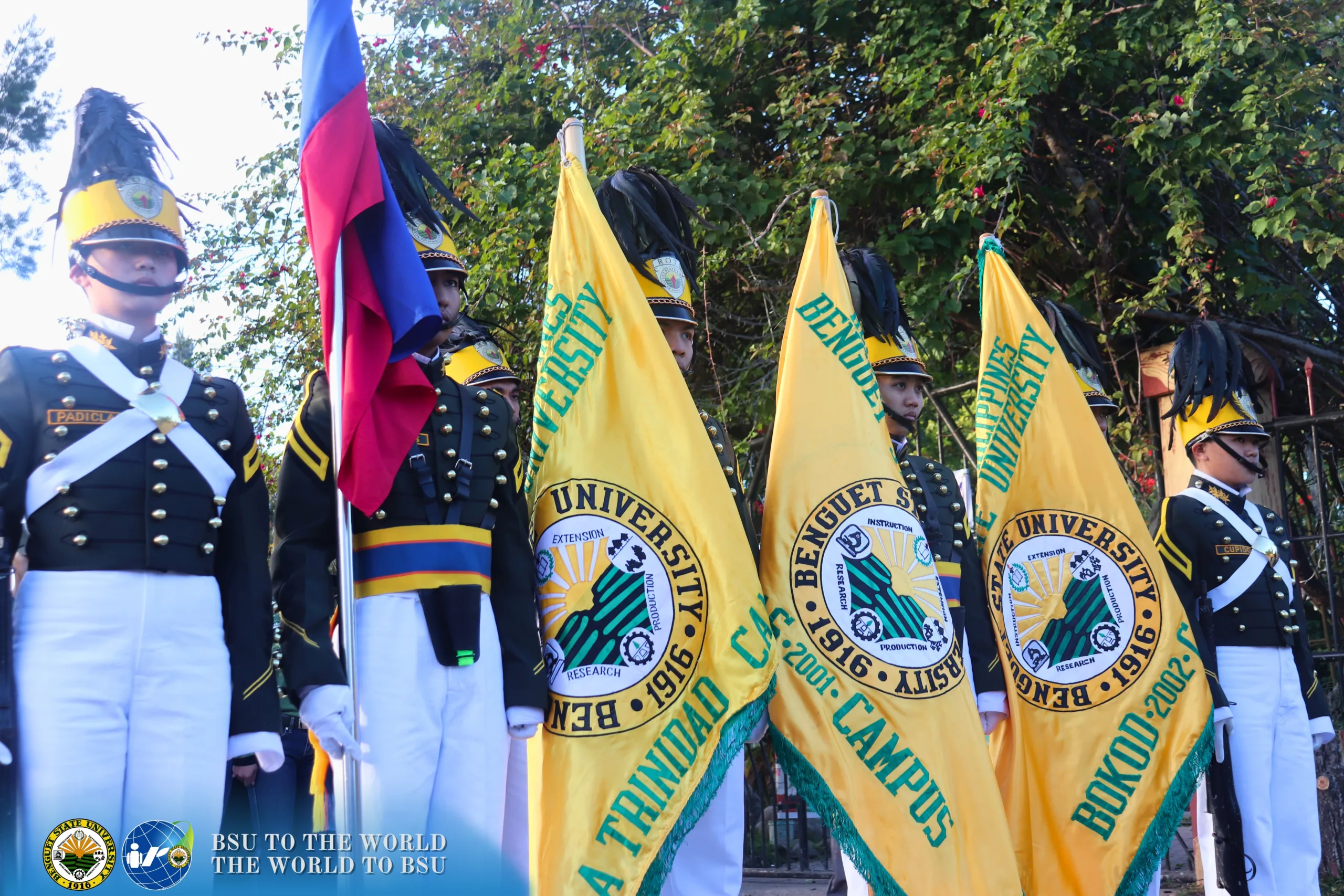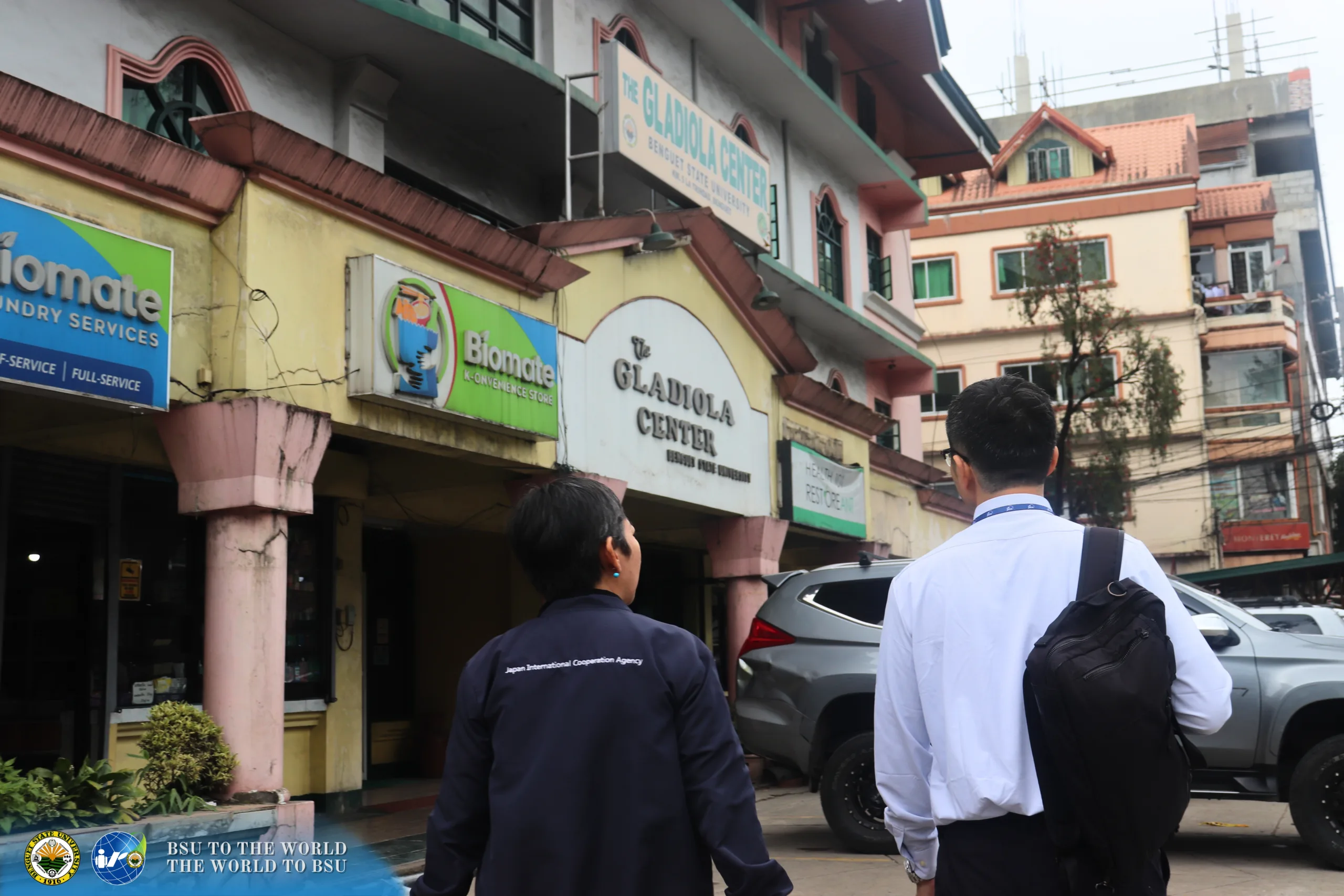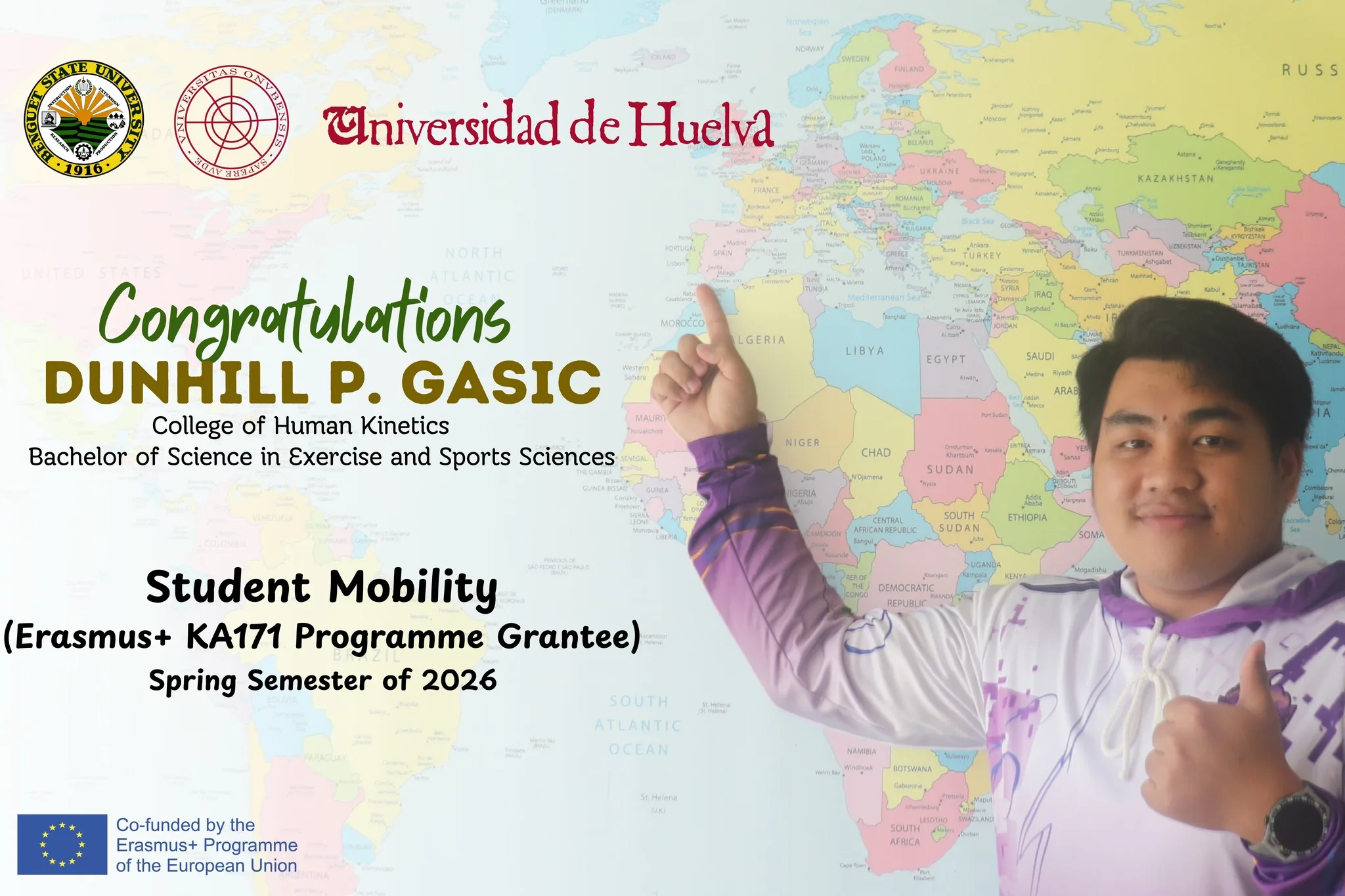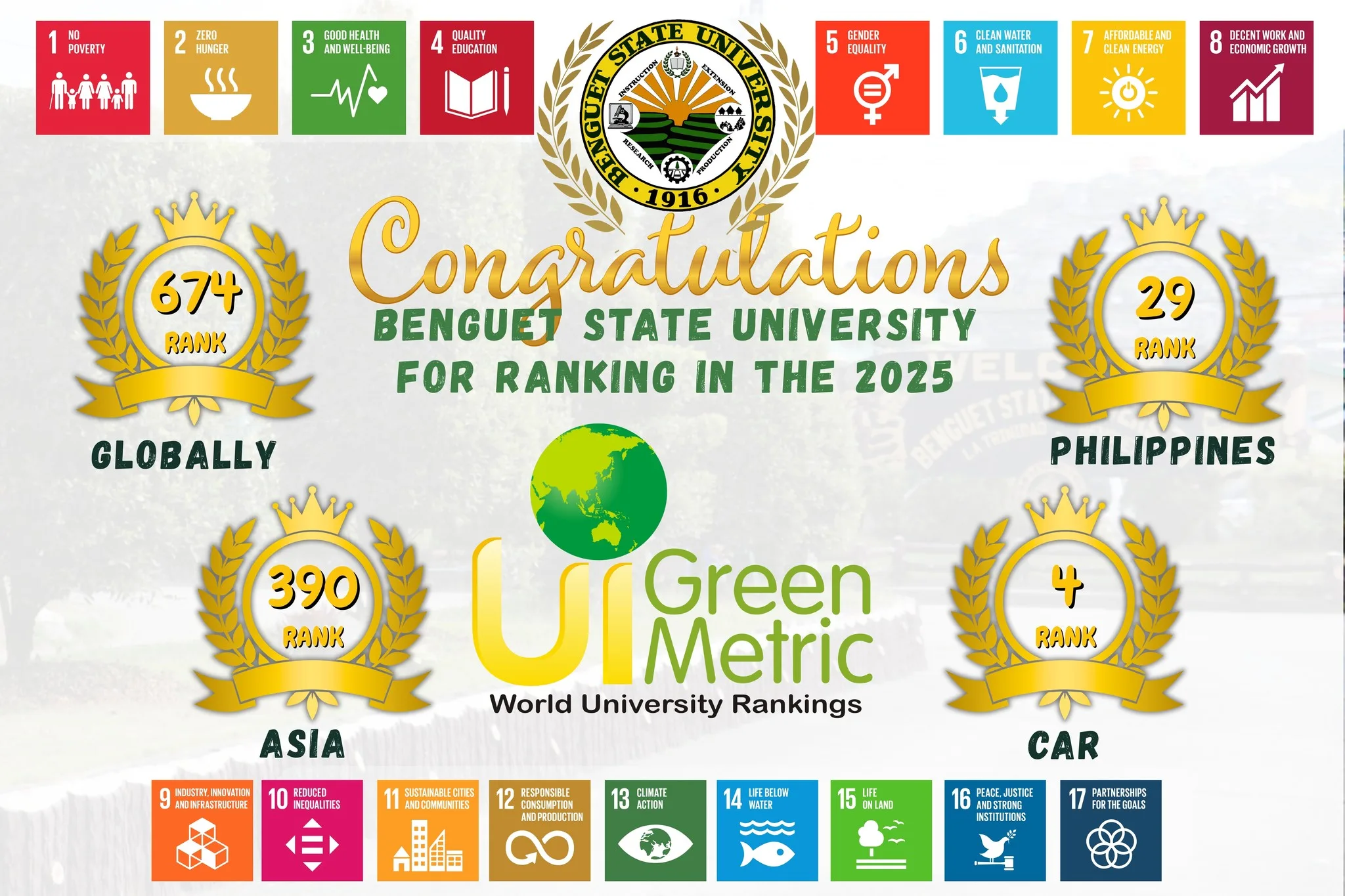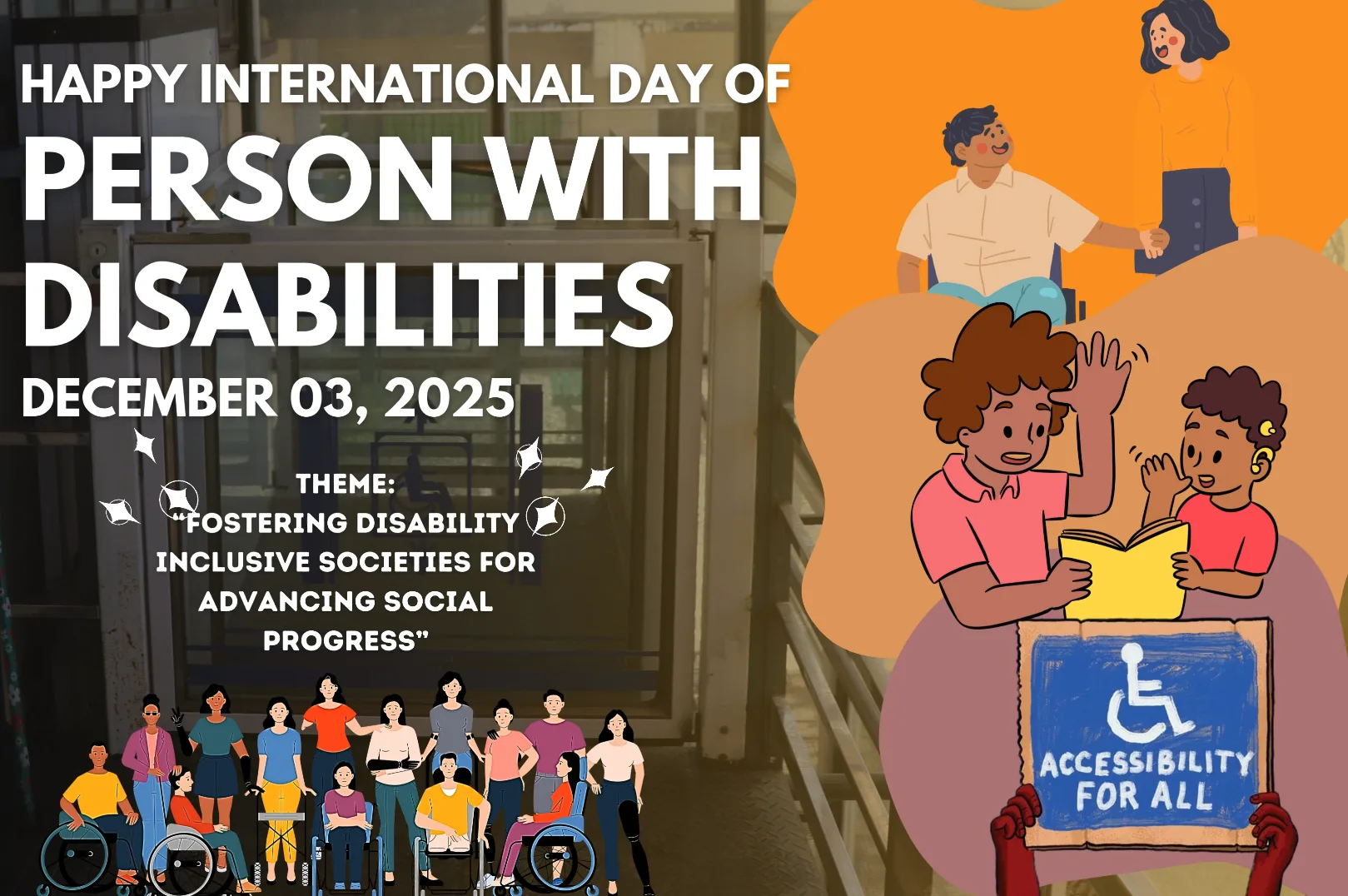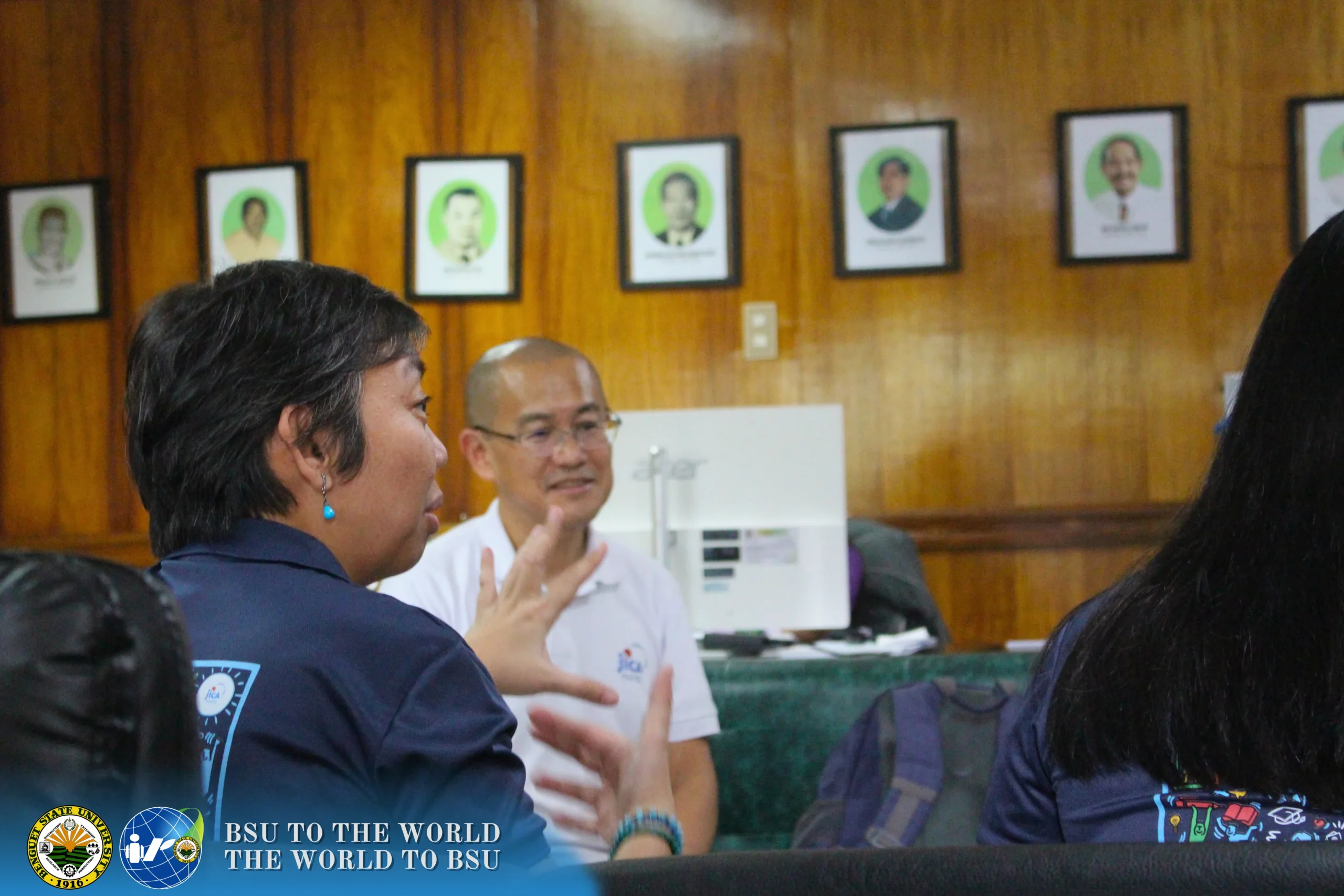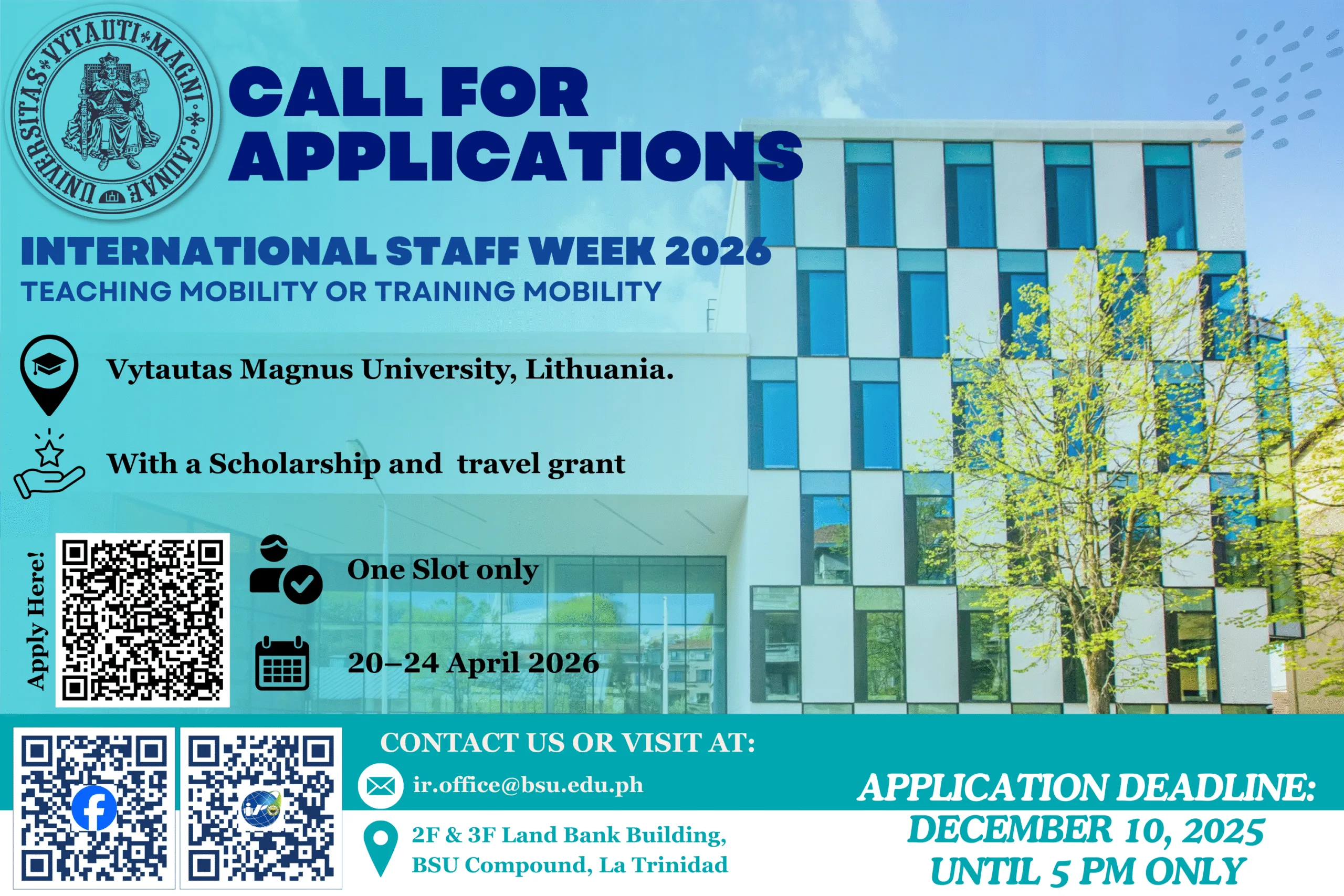The College of Arts and Humanities – Department of English Reading Milestone (CAH-DoE Re Mi) Program Phase 2 was conducted in a series of activities at Marcelo Marquez National High School in Ansagan, Tuba, Benguet, on different dates. The program began on February 24, 2024, and concluded on October 24, 2024. The activities were led by Dr. Cynthia T. Lubiton, CAH-DoE Chairperson, along with faculty members Dr. Joseph B. Quinto, Ms. Reslyn G. Capuyan, Ms. Fresan Dimple Cabrera, and some officers of ELLSA.
The primary goal of the activity was to improve the reading comprehension skills of the target students, enhance their oral reading capabilities, address reading difficulties identified through the Phil-IRI test, and support language teachers in implementing the Brigada Pagbasa program of the school. The program targeted 27 Grade 7 junior high school students.
Different reading activities were implemented to develop the students’ reading skills. Like, playing scrambled words helped students form familiar words and pronounce most of them correctly. They were also tasked with reading aloud, which improved their ability to read all words without skipping, pronounce unfamiliar words, read stories, answer questions confidently, and identify the meanings of most words. Silent reading activities were also conducted to help students read faster, answer comprehension questions, and ask questions when they encountered unfamiliar words. Some students even changed their answers after the correct ones were provided. Tips to help students overcome their lapses in reading were shared during the sessions.
Additionally, a non-reader student who initially had difficulty reading words was able to speak some words with the aid of visual aids.
On the second day, facilitators introduced tongue twister activities to motivate students, improve pronunciation, reduce mistakes, build confidence, and encourage faster reading. Listening activities were also included to help students produce the final consonant sounds of plural nouns and singular verbs. Silent reading was again emphasized to assist students in answering comprehension questions. The non-reader student was also tasked with reading words without visual aids.
During the third and fourth days, activities such as matching exercises, silent reading, and discussions on consonant digraphs and consonant blends were conducted. The students also read short stories consisting of five to seven sentences, which helped the non-reader student improve his reading skills.
On the fifth day, the non-reader student’s progress was evident through his willingness to participate actively in activities and his consistent effort to do his best in class.
Overall, the extension program received an outstanding rating, with an average mean score of 4.41.
By: Faustina T. Dio-as – CAH Coordinator
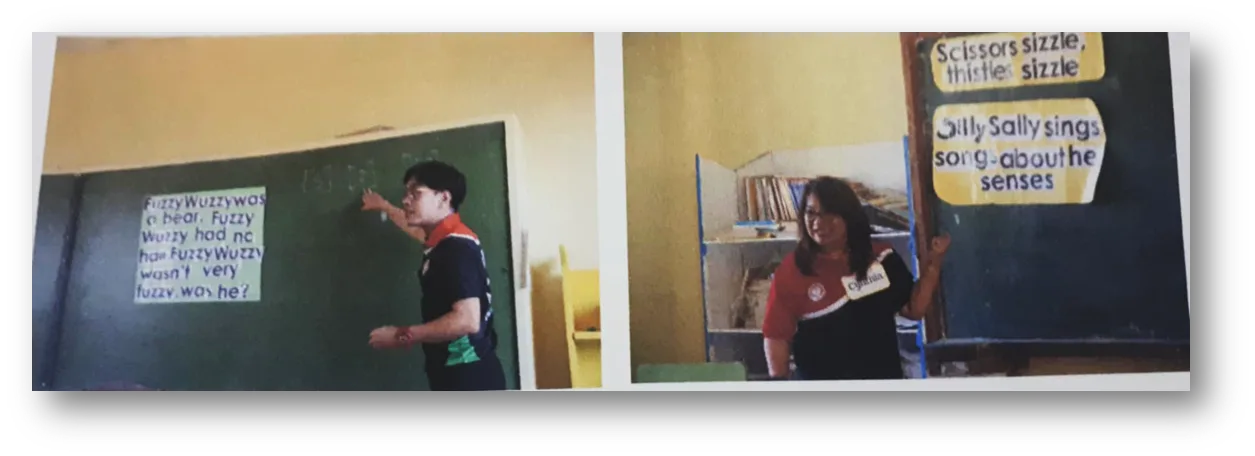
Dr. Joseph B. Quinto and Dr. Cynthia T. Lubiton presenting the tongue twisters to the students.
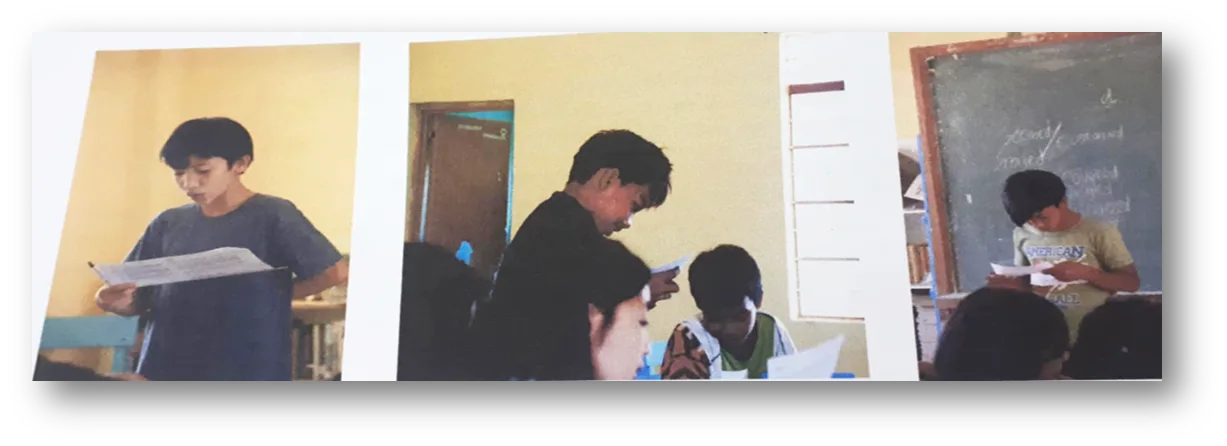
The students confidently read the story aloud, observing the proper pronunciation of words.

